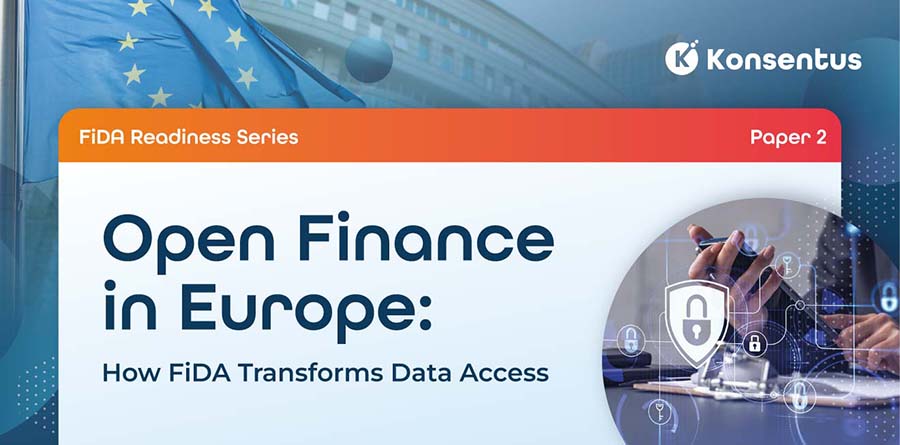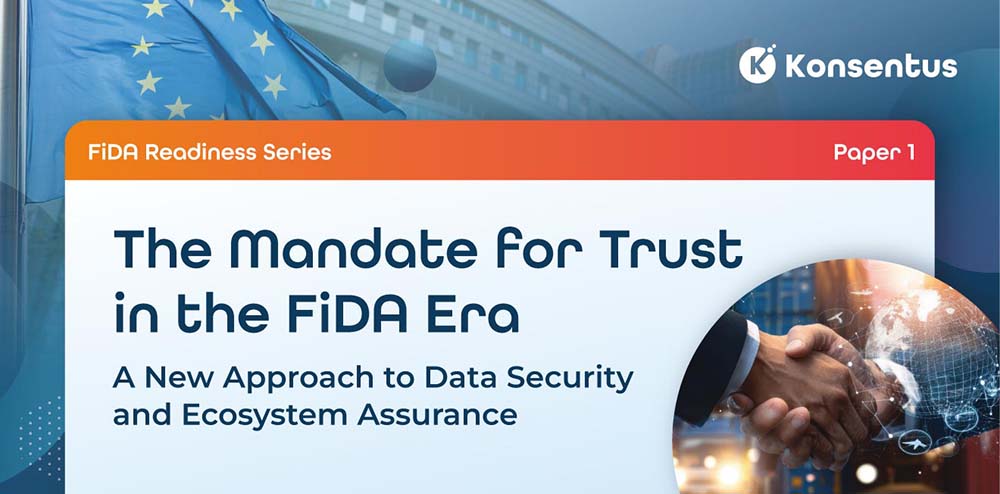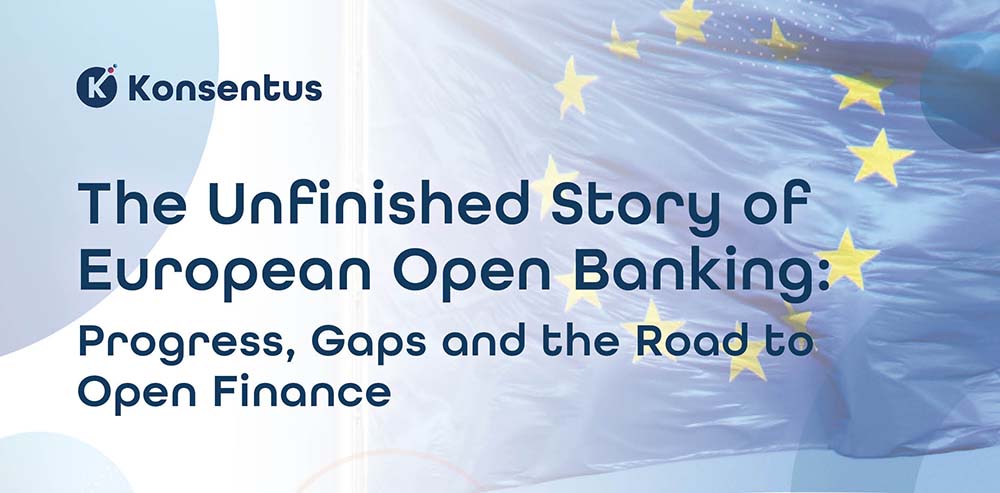I was asked by somebody today “have any TPPs been actually been authorised in Europe?”.
The first answer I can give is “Yes, there are about 4,500 organisations that right now are regulated and licensed to provide Access to Account services in Europe”.
The second answer I can give is “Yes, there are 172 organisations that we know have specifically applied for and been granted Access to Account services by regulators in Europe”.
Why the difference?
Below, I describe two definitions of TPP, and then there are a few statistics about who is regulated where for what.
Some Basic Definitions
PSD2 calls an organisation that provides payment account services an “Account Servicing Payment Service Provider” – they are typically a bank, but could be a payment institution or an electronic money institution. The account holding customer whether a consumer, corporate, government is the “Payments Service User” or PSU.
Classically, the customer uses their account via an online interface or mobile app provided by their bank. In the new world, they may be able to use a TPP. A TPP is therefore a “third party” trying to add value between a financial institution and their customer.
Crucially, these third parties must be authorised for one or more the three “Access to Account services, basically
- Payment Initiation services (PIS)
- Account Information services (AIS) or
- Payment Instrument Issuance Services (PIIS) (effectively the ability to do balance checks)
“TPP”, which stands for “Third Party Provider”, is an industry term not a legal term and it means different things to different people as to who they actually are. Below are two suggestions based on Europe’s experience.
Wide Definition of a TPP
“Any regulated payment service provider authorised to provide an access to account service.”

As every credit institution (bank) automatically has the right to provide all three services with no additional registration – all banks automatically have the right to be a TPP. Furthermore, Payment Institutions and Electronic Money Institutions that issue cards will automatically have the right to do balance checks and there for to be TPPs.
This is where we get a number like 4,500 TPPs in Europe.
The Narrow Definition of a TPP
“Any Payment Institution or Electronic Money Institution” authorised to provide Account information or Payment Initiation services.”

Payment Institutions and EMIs must apply specifically for different services, so if they have the role, we can be sure they are planning to use it, and didn’t just inherit it by accident.
Along with these rather legal definitions, there is also a sentiment that TPPs are ‘FinTechs’ or a ‘Startups’ and are the plucky future of the digital economy – especially when compared with “the banks” (accused of being “Dinosaurs”!). This oversimplified “David vs Goliath” dichotomy ignores the fact that some of the “FinTechs” are also credit institutions (Klarner); not so new (PayPal) and that most of these TPPs are also offering services to banks or owned by them. It also fails to put into the picture some of the massive non-bank organisations that have been offering financial technology for years in the world of card acquiring or payments infrastructure.
As the wider definition of Credit Institutions is more accurate but quickly becomes flooded by the number of banks – here are some statistics mostly based on the narrow definition of a TPP.
Some TPP Figures
As the wider definition of Credit Institutions is technically more accurate less interesting here are some statistics mostly based on the narrow definition of a TPP.
And finally, a few caveats: the data comes from the end of June – new entities are being added each month. Some of the registers are maturing and being upgraded, so don’t shoot me if by the time you read this the number is slightly different or the country marked red on the map now has some TPPs in it.
This information is provided by Open Banking Europe which exists to provide market consultancy on PSD2 access to account provisions and Open Banking generally, and has built and runs a centralised operational directory of TPPs to facilitate payment processing and account access between market players.

John Broxis
Managing Director, Open Banking Exchange





